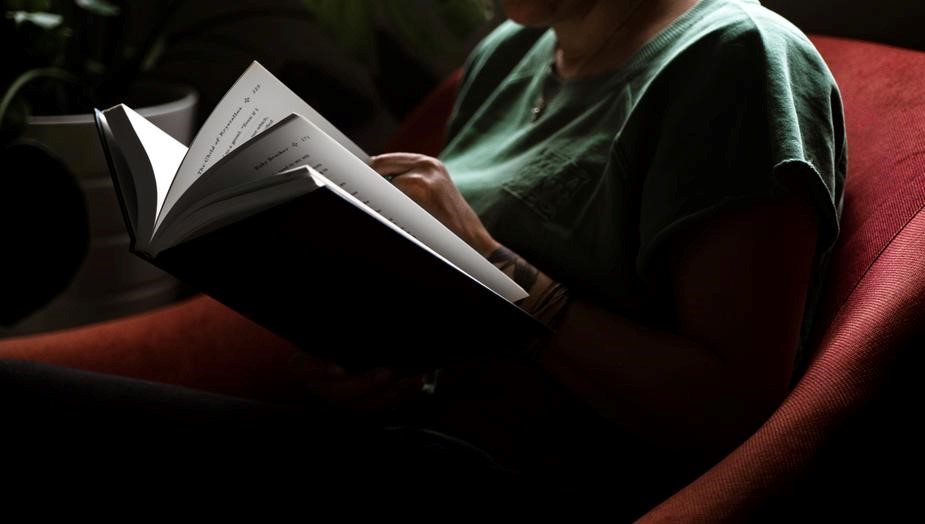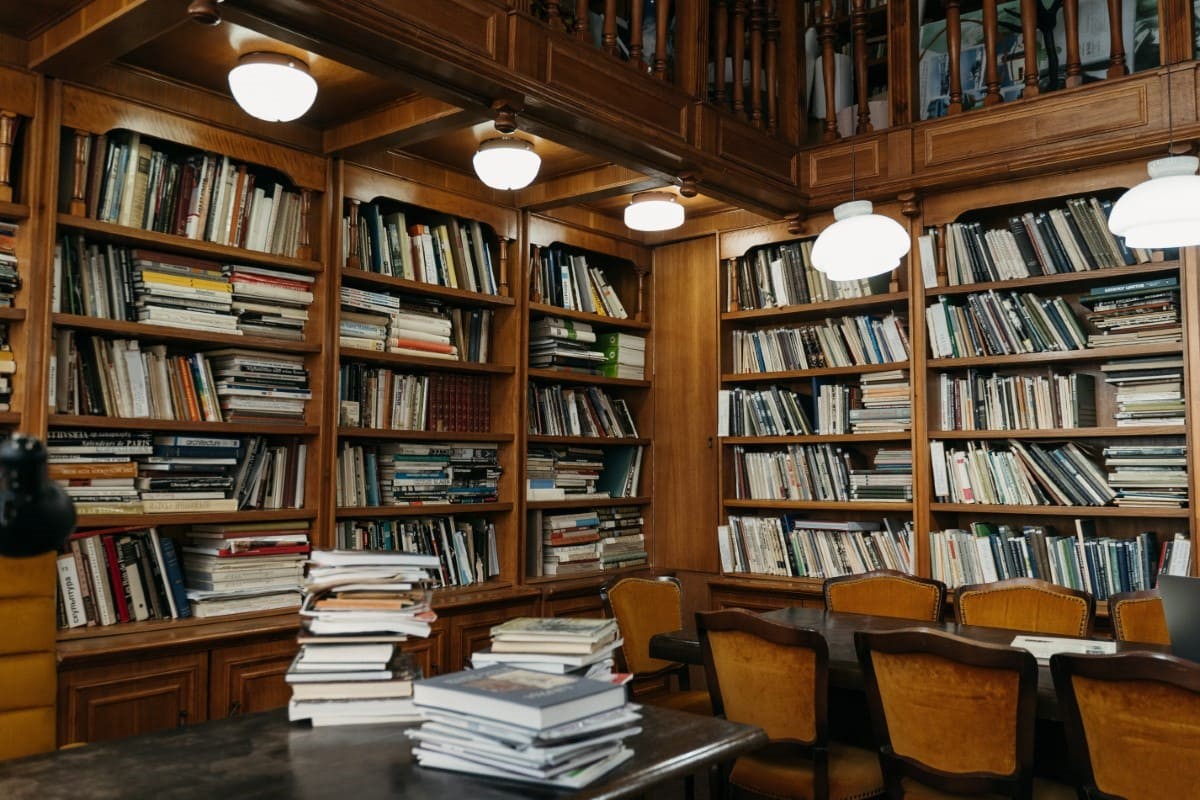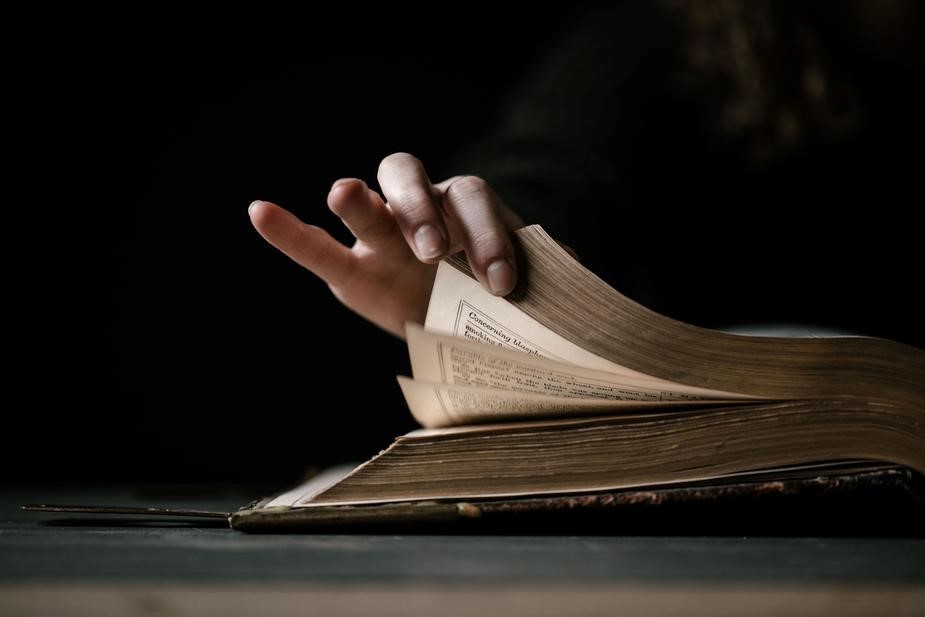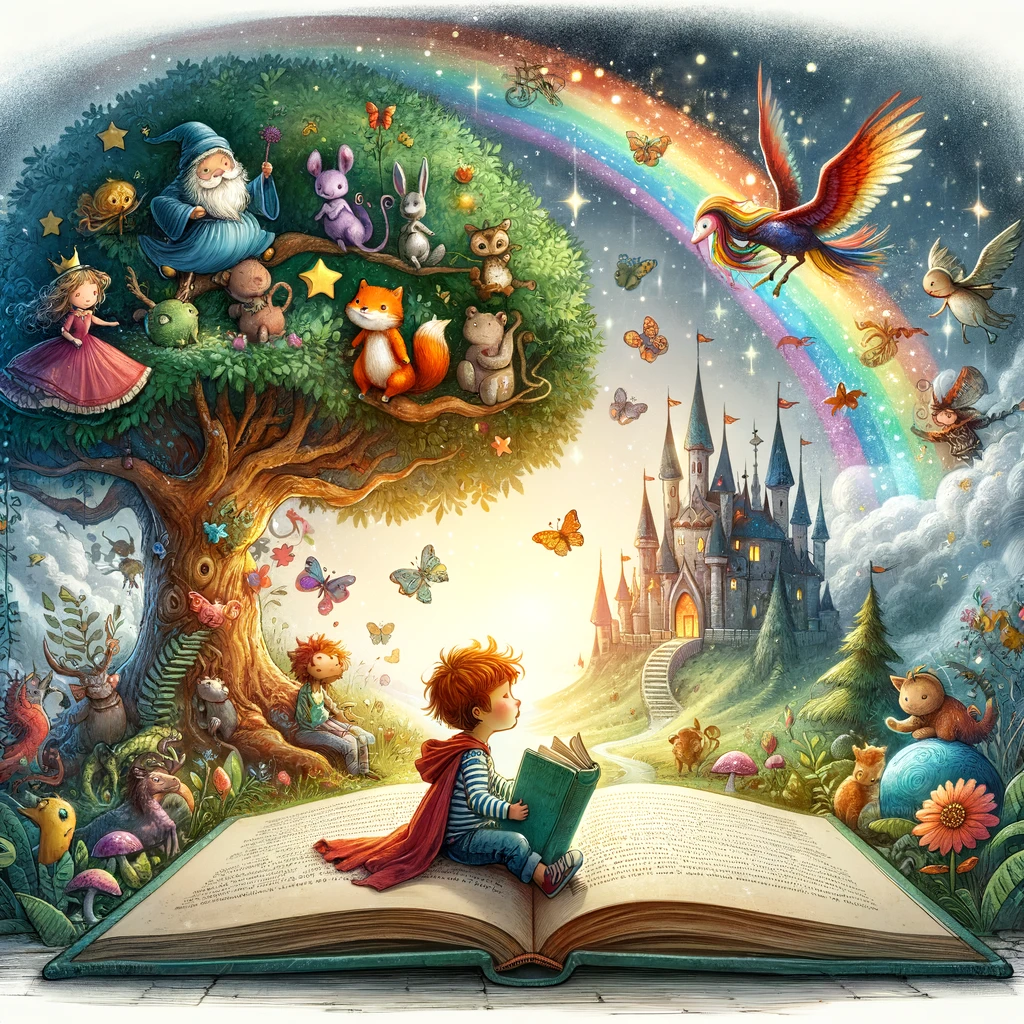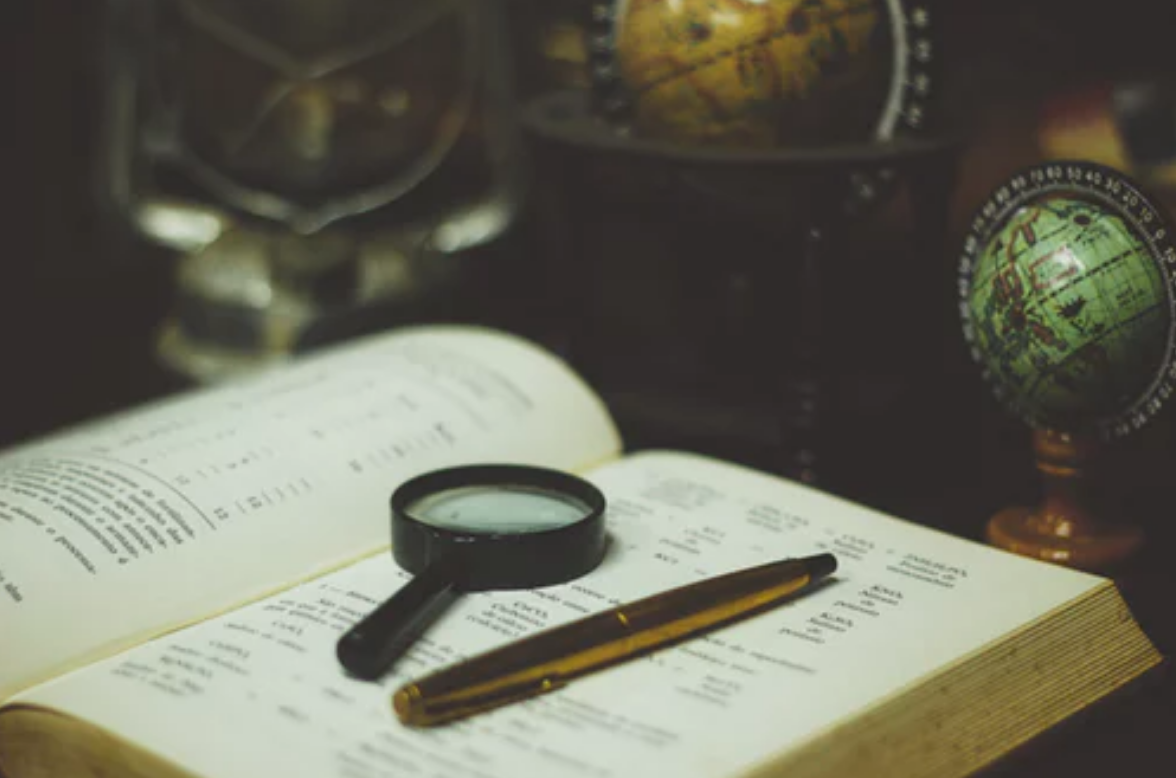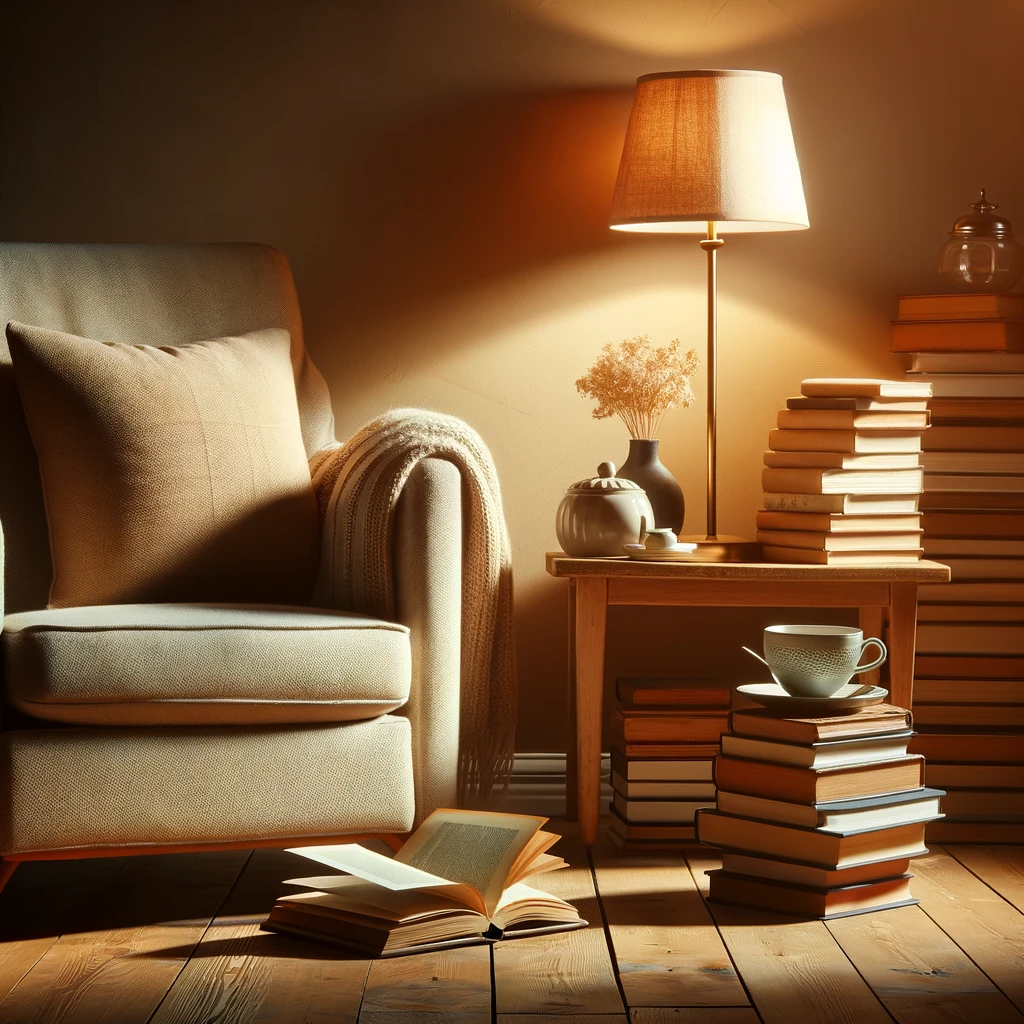News
Journey Through Pages: Tracing Literary Genre Evolution
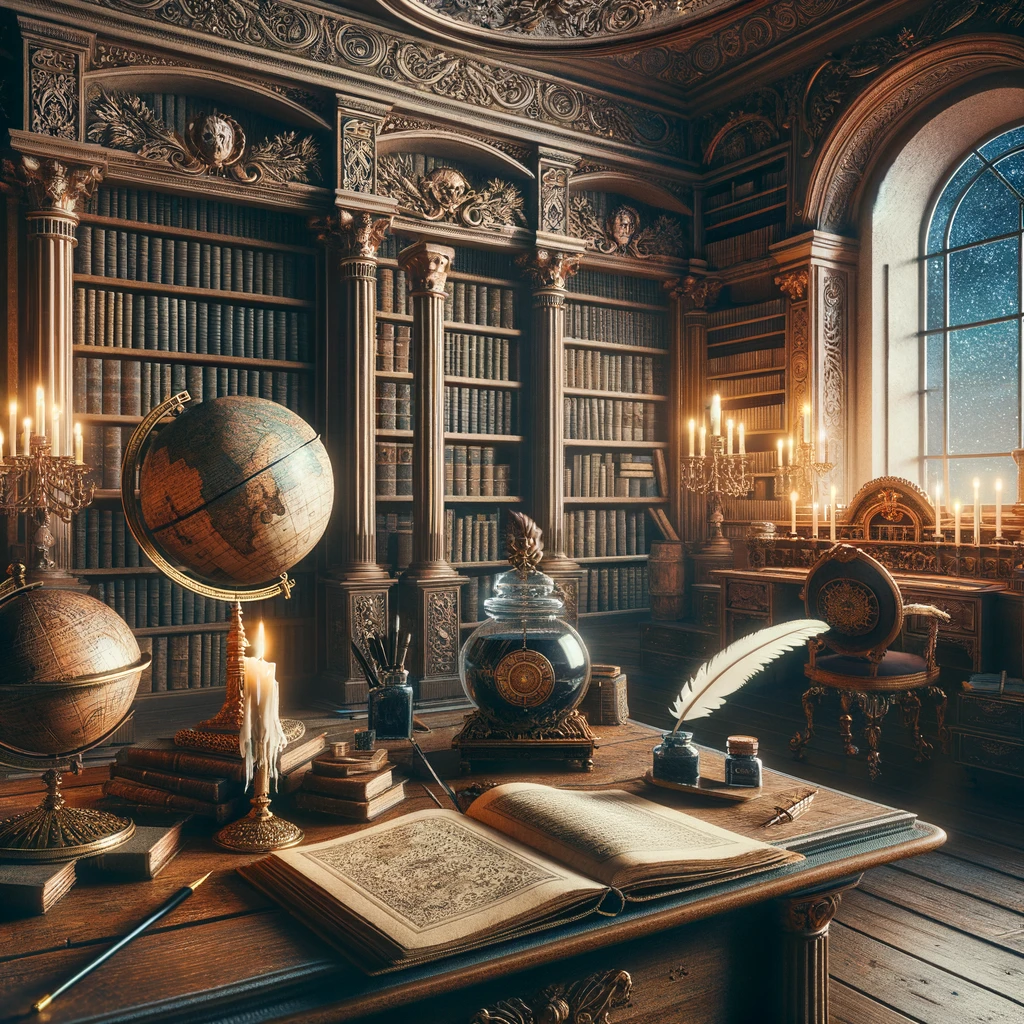
Introduction The landscape of literature is a rich tapestry, woven with the threads of countless genres, each evolving uniquely through time. This evolution mirrors the changing tides of human culture, thought, and experience. In this article, we'll embark on a journey through the ages, exploring how key genres have shifted and transformed, shaped by historical events and societal changes.
The Birth of Genres in Antiquity Our journey begins in the ancient world, where literature was in its nascent stage. Early genres like epic poetry, as seen in Homer's "Iliad," and tragedy, in works like Sophocles' "Oedipus Rex," set the foundation. These works reflected the values and struggles of their time, blending mythology with human experience.
The Middle Ages: A Blend of Sacred and Secular Moving into the Middle Ages, literature took on a more didactic role. Religious texts dominated, but there was also the emergence of romance literature, exemplified by works like "The Canterbury Tales." These stories often intertwined the sacred with the secular, reflecting the complex tapestry of medieval life.
The Renaissance: A Revival of Learning and Art The Renaissance sparked a revival in arts and literature, fueled by humanism. This period saw the flourishing of dramatic works, especially in Shakespeare's England, and the novel's early forms in Cervantes' Spain. Literature became a mirror for human emotion and intellect, moving away from purely religious themes.
Enlightenment and Revolution: The Age of Reason The Enlightenment brought a surge in genres promoting reason and individualism. Satire and political writings, like those of Voltaire and Rousseau, critiqued society and politics. This era also laid the groundwork for modern science fiction, with Mary Shelley's "Frankenstein" exploring the consequences of unchecked scientific ambition.
The 19th Century: Romanticism and Realism The 19th century witnessed the rise of Romanticism, emphasizing emotion and nature, seen in the works of Wordsworth and Keats. This period also saw the birth of realism, with authors like Dickens and Tolstoy portraying the grit and grind of everyday life, a stark contrast to the idealism of their Romantic counterparts.
The 20th Century and Beyond: A Diverse Literary Spectrum The 20th century heralded an explosion of genres. Modernism, with its experimental styles, reflected the disjointedness of post-WWI society. Later, genres like fantasy, science fiction, and dystopian literature gained prominence, offering both escapism and commentary on contemporary issues. The digital age further diversified literature, embracing new forms and narratives.
Conclusion The evolution of literary genres is a continuous journey, shaped by the human experience. As we look forward, we anticipate new genres and forms of storytelling that will emerge from our ever-changing world. Literature, in all its forms, remains a steadfast reflection of humanity's collective heart and mind.




